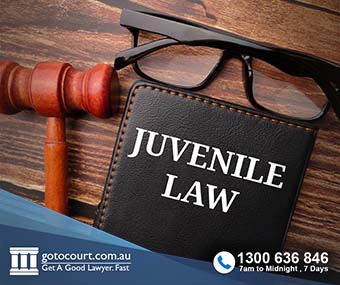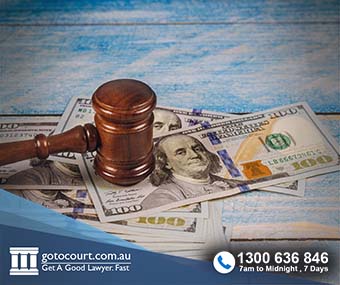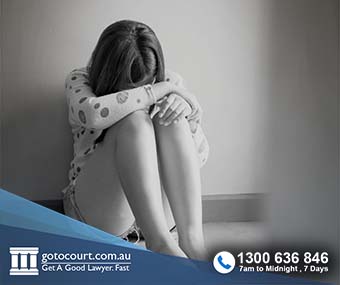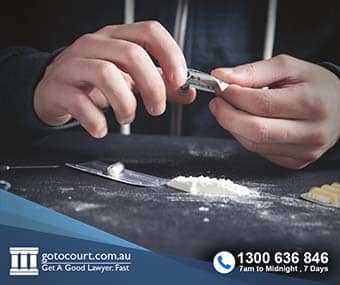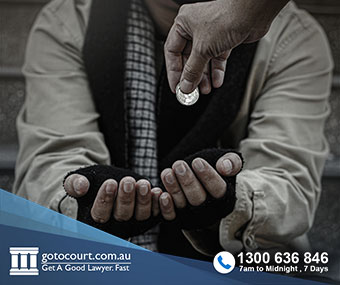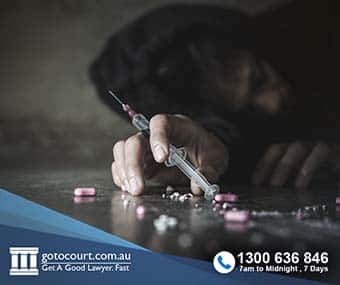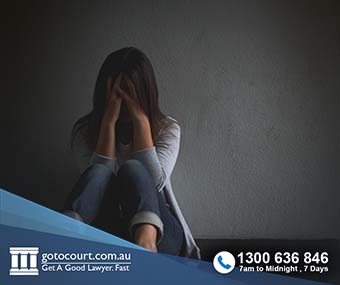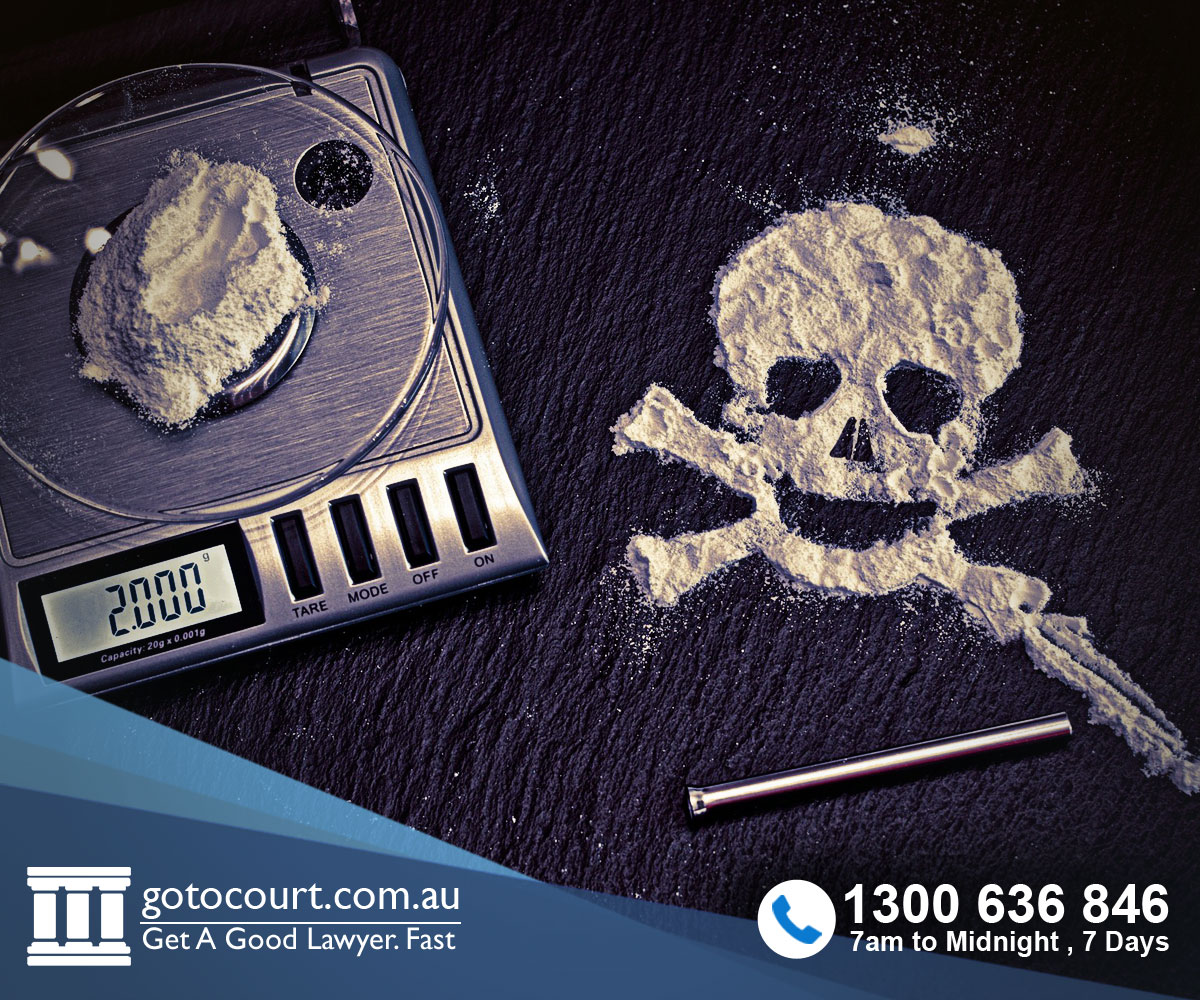Call our lawyers
now
or,
have our lawyers
call you
Homelessness and the Law (Qld)
Updated on Nov 08, 2022 • 5 min read • 1934 views • Copy Link
Homelessness and the Law (Qld)
Homelessness in Queensland is a major issue as it is in all Australian jurisdictions. People can become homeless for many reasons, some of which are connected to legal problems such as domestic violence, separation, or loss of employment. The 2016 census found that 46.1 in 10,000 Queenslanders were homeless. This article examines how homelessness in Queensland interacts with various legal issues.
What is homelessness?
There is no universal definition of homelessness. Homelessness can take many forms, including rough sleeping, living in overcrowded or insecure housing and couch surfing. People may become homeless because of mental health issues, domestic violence, substance abuse issues, discrimination, long-term poverty and lack of support.
Homelessness in Queensland and criminal law
There are many ways in which homeless people are at greater risk of coming into contact with the criminal justice system.
Charges involving the use of public space, such as trespass and public nuisance offences are more commonly laid against homeless people. Conversely, homeless people are much more vulnerable to becoming victims of personal violence offences and sexual offences.
Once involved in the system, it can also be a lot more challenging for them to comply with its requirements and successfully navigate it through to finalisation of a matter.
Trespass
Section 11 of the Summary Offences Act 2005 makes it an offence to unlawfully enter or remain in a dwelling or the yard of a dwelling or in a place used for a business purpose (trespass). The maximum penalty for this offence is a fine of 20 penalty units of imprisonment for a year.
A homeless person may fall foul of this provision if they are sleeping rough or spending time on land that is within the perimeters of a private dwelling or a business premise.
‘Move on’ directions
Under the Police Powers and Responsibilities Act 2000, a police officer may direct a person or a group of persons to move on if their behaviour or presence is reasonably suspected to be causing anxiety, interfering with trade or disturbing the peace.
If a person is issued with a move-on direction, they may be required to leave a place and not return for a period of up to 24 hours. The police officer must give them the reason for the direction.
Move on directions exist in all states and territories and have long received criticism for being discriminatory. They are often said to disproportionately impact homeless people.
Public nuisance
Under the Summary Offences Act, a person commits an offence if they behave in a way that is disorderly, offensive, threatening or violent and their behaviour impacts another person’s enjoyment of a public place. This offence carries a penalty of a fine of up to 10 penalty units of six months imprisonment.
Homeless people are more likely to be charged with this offence, especially those who are sleeping rough and must carry out all their activities within public view.
Protective custody
Whilst not a criminal offence, being found drunk in a public place and placed into protective custody is also common for homeless people. When a person is taken into protective custody, they are held at a police station or a sobering-up shelter until they are sober enough not to be considered a risk to themselves or others.
Bail
When a person is charged with criminal offences and applies for bail, they must generally supply the court with a residential address where they propose to live while they are on bail. Bail is often granted with a condition that the person reside at a particular address and sometimes even a requirement that they observe a curfew. A person who is homeless may have difficulty obtaining bail because of the lack of a residential address.
Release from prison
Some people become homeless upon release from prison, This may be because they have lost their accommodation whilst in prison or because they are not welcome back where they were living before. This can increase their likelihood of reoffending after their release from prison.
Giving evidence
When a person is a witness to a crime, they must be summonsed to come to court to give evidence. This generally requires someone to physically locate them to give them the court documents. Witnesses who are homeless and do not have fixed addresses may be very hard to locate and serve with a summons. This may mean that matters are unable to be successfully prosecuted where the only witness is a homeless person. It may also mean a matter cannot be successfully defended because a defence witness cannot be summonsed.
Homelessness in Queensland and civil law
People who are dealing with homelessness in Queensland are likely to have civil law issues that flow from their homelessness. Among other things, these may include Victims Assist matters and Child Protection matters.
Victim Assist
Homeless people who become the victims of violent offences may be eligible for financial assistance where their injuries meet the compensable threshold. A lot of homeless people may have difficulty accessing legal services and may be unaware of the Victim Assist scheme. This often means that time limits are missed and claims have to be made out of time.
Child protection
Children who are homeless may become the subject of Child Protection proceedings. Where a child is at risk of harm from which their parents cannot or will not protect them, the court may make a short-term or long-term Protection Order. This may result in the child being placed in the care of other relatives or with an unrelated carer for the period of the order.
If you require legal advice or representation in relation to homelessness in Queensland or in any other legal matter, please contact Go To Court Lawyers.


Affordable Lawyers
Our Go To Court Lawyers will assist you in all areas of law. We specialise in providing legal advice urgently – at the time when you need it most. If you need a lawyer right now, today, we can help you – no matter where you are in Australia.How It Works








1. You speak directly to a lawyer
When you call the Go To Court Legal Hotline, you will be connected directly to a lawyer, every time.


2. Get your legal situation assessed
We determine the best way forward in your legal matter, free of charge. If you want to go ahead and book a face-to-face appointment, we will connect you with a specialist in your local area.


3. We arrange everything as needed
If you want to go ahead and book a fact-to-face appointment, we will connect you with a specialist in your local area no matter where you are and even at very short notice.

